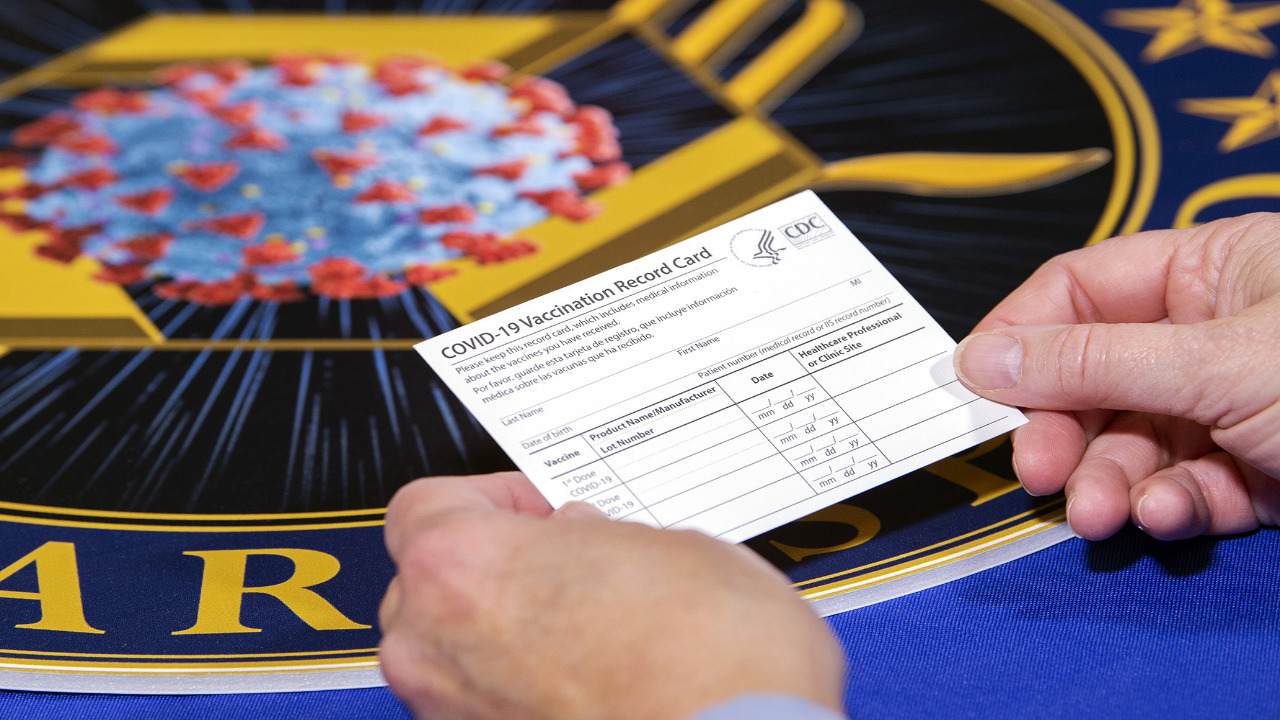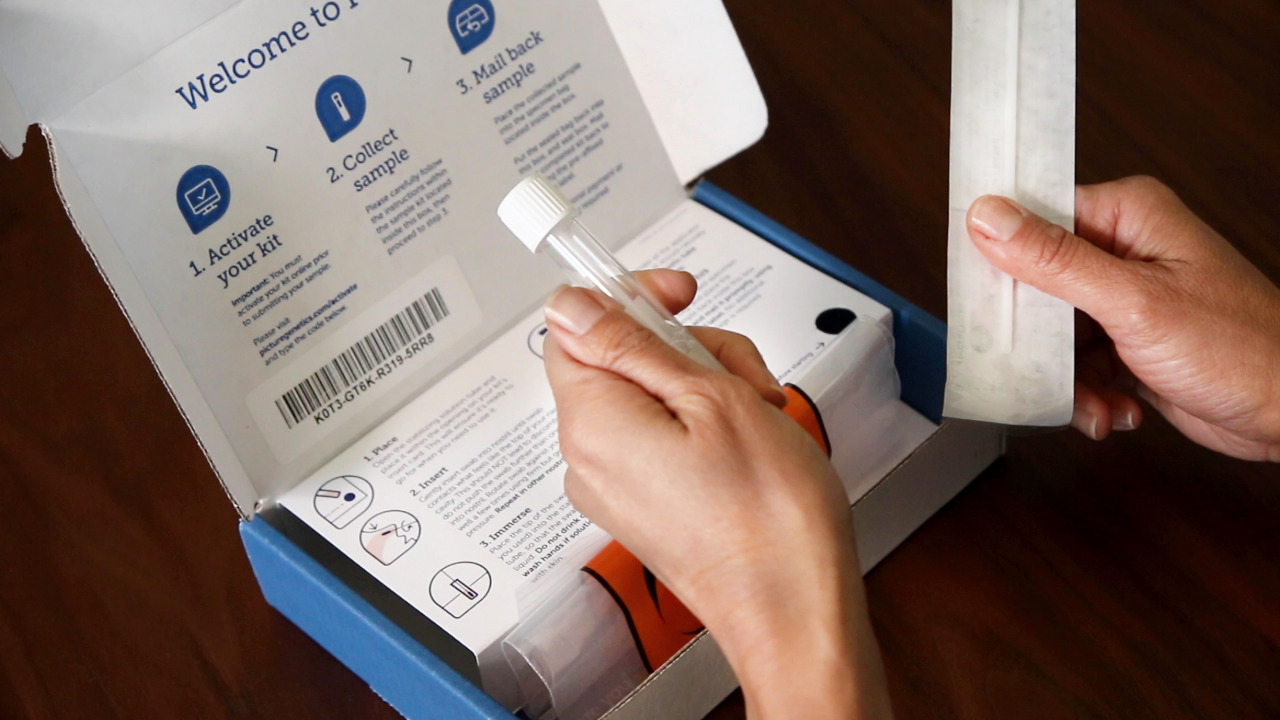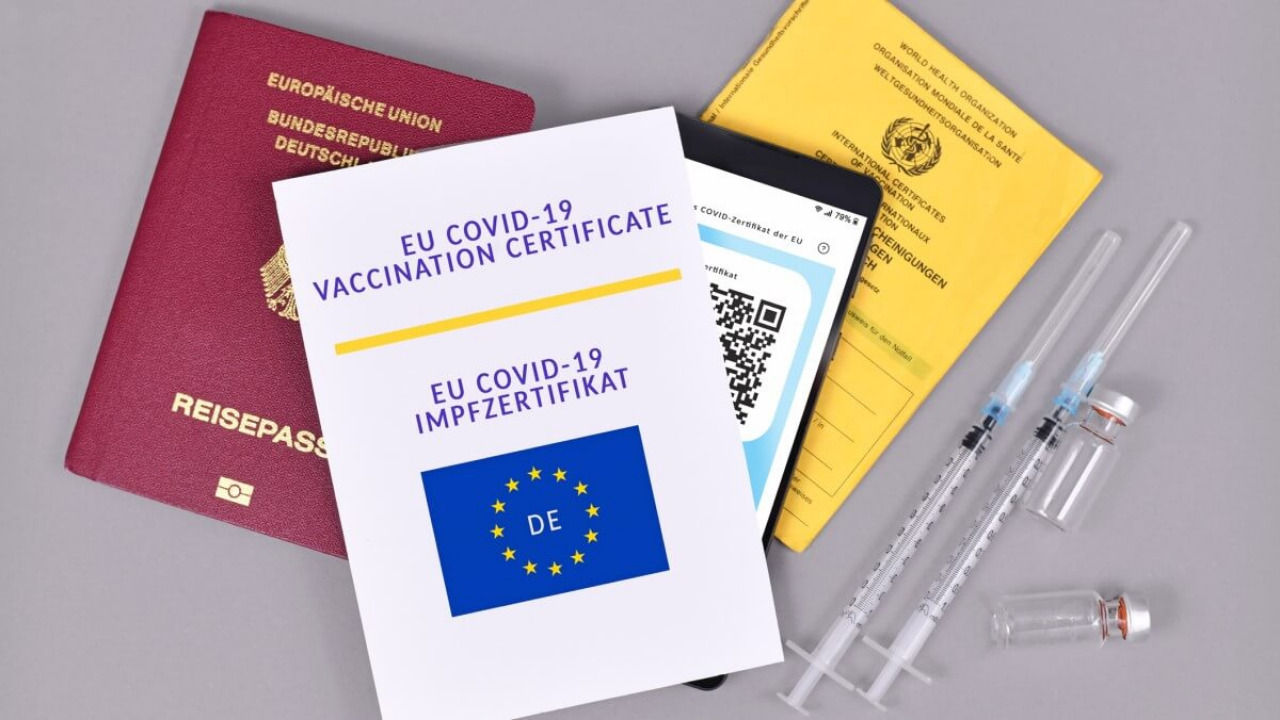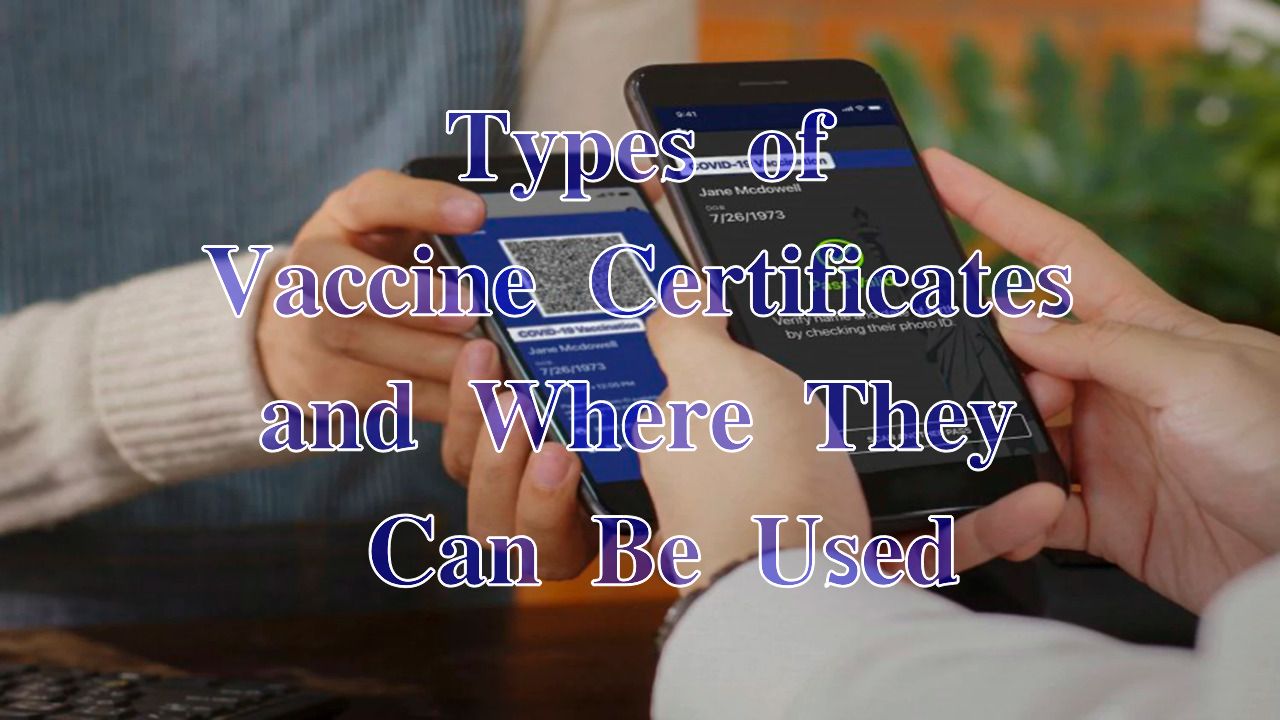With the onset of the worldwide epidemic associated with the spread of coronavirus infection, traveling to other countries was restricted for a long time. However, countries reopened their borders with effective diagnostic methods and the advent of vaccines against COVID-19. At the same time, one of the prerequisites was the availability of a certificate confirming the traveler’s COVID-negative status.
The Reliability of Test Results

To guarantee the reliability of test results, only the so-called NAAT tests (including RT-PCR tests) and rapid antigen tests were included in the general list of eligible tests. Today, the single list includes more than 80 rapid tests for the COVID-19 antigen, such as the FlowFlex test kit. At the same time, it must be kept in mind that each country reserves the right to accept the results of rapid antigen tests or only PLR tests.
The results of tests performed at home

Budget covid self-testing kits are becoming increasingly popular, allowing COVID status to be determined in a short time and requiring no special training for testing. Such systems have proven good for primary diagnosis of coronavirus and confirmation of positive/negative disease status at home. However, home test results cannot be considered for issuing a COVID certificate, as the truthfulness and non-falsifiability of their result cannot be confirmed. The certificate is issued solely by health authorities, who cannot monitor tests performed at home, and, therefore, cannot issue a certificate on that basis.
Types of the Certificates

Today, the certification system covers 3 different types of COVID certificates: a vaccination certificate, a test certificate, and a certificate of recovery. After all, many countries have established such rules for their citizens. It should be noted that the presence of vaccinations is not a prerequisite for entry into the institution of travel to another country. Unvaccinated people have the same right to travel and visit public places as vaccinated people, but restrictions in the country, such as testing or self-isolation, must be taken into account.
How personal data will be handled

The certificate contains the minimum set of information needed to confirm and verify the vaccination, testing, or convalescence status of the holder. This document includes general data about a person, such as his full name, when he was born, and what institution issued this certificate. It is obligatory to have a special identifier on the certificate – a unique set of signs which define this document and distinguish it from others. In addition, information about when and what vaccine was administered, one or two doses received (specified in the certificate of vaccination), place, time, and type of test for COVID-19 (specified in the certificate of testing) is necessary. The period of validity of a such document, which is calculated according to the time of the test, that showed a positive result of the disease, must be present on the certificate of recovery.
Data Safety
There were a lot of discussions around the issue of handling personal data on the certificate, namely the confidential medical data of the person. There is no need to worry about this because, in order to be sure of the authenticity of the certificate, only its unique identifier is checked, and all the data about the state of health remains under protection. No separate databases with information about a person’s health status are created, and personal data is not shared.

